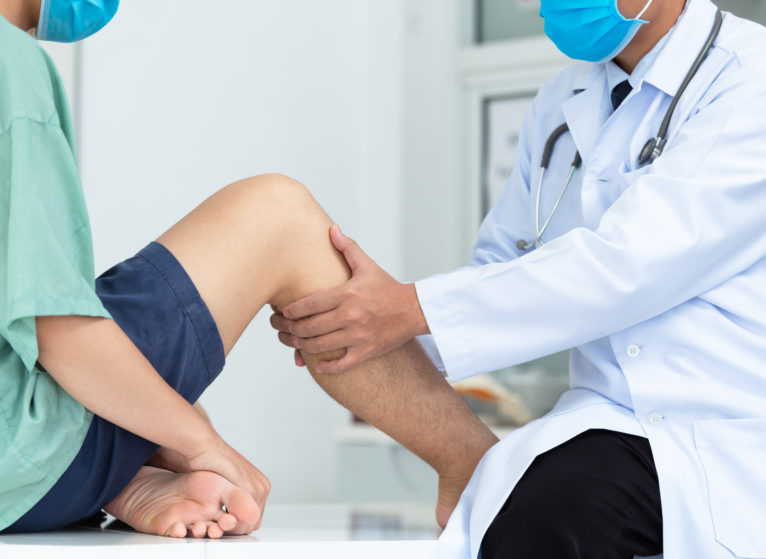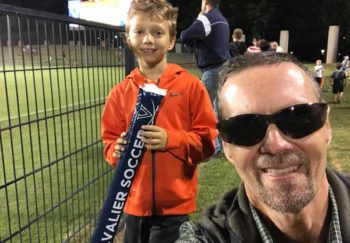There are more than 100 types of cancer. Some, like breast, skin and lung cancer, are common; they’re familiar to most of us. But there are other cancers that are not-so-common and may be overlooked even by doctors. Sarcomas fall into that “other” category.
What is a Sarcoma?
A sarcoma is a rare form of cancer that develops in the bones or soft, connective tissue of the body. That includes muscles, tendons, nerves, joints and fat. Sarcoma diagnoses in adults account for less than 1% of all cancer cases each year in the U.S., according to the American Cancer Society.
As a result, sarcoma is not top of mind for most doctors — they just don’t see it that often. In addition, symptoms are typically mild and don’t always signal the need to look for cancer. This is why sarcoma has been called the “forgotten cancer.”
“Few oncologists see a sarcoma, so it’s far down on their list of possibilities when a patient presents with a painless mass,” says hematologist/oncologist Johann Hsu, MD, MPH.
Common Sarcoma Symptoms
There are many different subtypes of sarcoma. Symptoms vary depending on the location of the cancer. Typically, however, this cancer will appear as a slow-growing mass on the arms or legs, in the abdomen, or on a bone. Painless at first, the mass can cause swelling and pain as it gets larger.
“Because sarcomas tend to be non-painful masses, they can be diagnosed late in the process, which makes them harder to treat,” says Hsu.
Treating Sarcoma
Typically, you’ll have surgery first to remove the tumor. Often, radiation and chemotherapy are the next step. These treatments are more likely to cure you if you got an early diagnosis, says Hsu.
New treatments for sarcoma are, unfortunately, slow to develop. Since it's relatively rare, there aren’t many patients available to participate in clinical trials. However, at a National Cancer Institute (NCI)-designated center like UVA, patients are more likely to have access to the most advanced treatments available. NCI centers also have specialists with the expertise to treat this rare form of cancer.
“Current guidelines stipulate that patients with confirmed or possible sarcoma should be referred to an NCI center to be evaluated and treated because these cancers are so rare,” says Hsu. “We do not recommend being treated by a local oncologist just because of the lack of experience in sarcomas.”
Do You Have a Suspicious, Painless Mass?
Get it checked ASAP.
Talk to your healthcare provider or see a UVA cancer doctor.
Who’s at Risk for Sarcoma?
You may have a higher risk of getting a sarcoma if you spent a lot of time around radiation or certain chemicals, such as herbicides and wood preservative. There are also inherited diseases that increase your risk, including:
- Li-Fraumeni syndrome
- Neurofibromatosis
- Tuberous sclerosis
- Gardner's syndrome
- Retinoblastoma
- Werner syndrome
- Gorlin syndrome

